The cold case that haunts Australia’s greatest homicide detective
Australia’s greatest homicide detective Ron Iddles solved 99 per cent of the murders he took on - but the cold case of Gina Rossato and the missing trifle bowl continues to haunt him, 37 years on.
Cold Cases
Don't miss out on the headlines from Cold Cases. Followed categories will be added to My News.
The clue was in the trifle.
Or rather, the missing trifle bowl.
The last person to see mother-of-two Gina Rossato before she was brutally murdered in August, 1982, was a taxi driver.
He told detectives he dropped Mrs Rossato at her home in Thornbury, Victoria, at approximately 3am, and watched her walk to her front door, carrying the trifle.
Now the trifle bowl was nowhere to be seen and Mrs Rossato was dead, her body found dumped beside a road on the northern outskirts of Melbourne.
Dessert may seem a curious concern when investigating a homicide but to Ron Iddles, it was an important lead.
“Now, if she was startled by someone, she would drop the trifle and the first thing that would break would be the trifle dish,” says Iddles, 63.
“We never found the trifle, never found the trifle dish.”
IDDLES REVEALS: The mind of a killer
NIGHTMARE CASES: What keeps Ron Iddles up at night
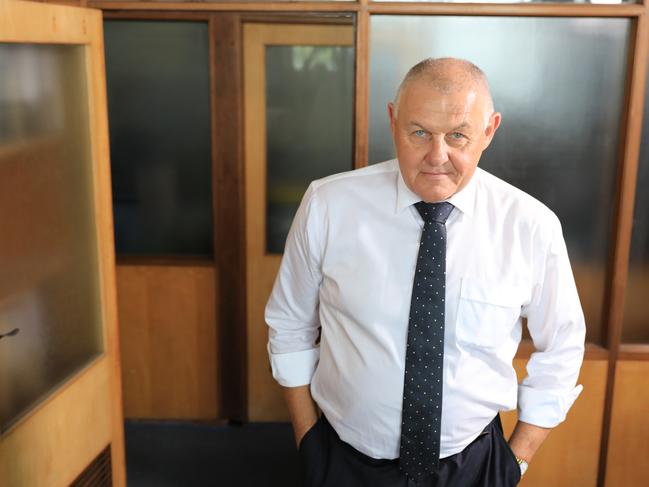
The implication, according to Iddles, is that Rossato likely got into her flat undisturbed and whoever killed her was known to her.
Furthermore, the taxi driver’s alibi seemed rock solid.
Thirty-seven years later the cold case still “niggles” the retired detective, who hung up his boots in 2016 with the reputation of “Australia’s Greatest Homicide Detective”, earned thanks to his 99 per cent conviction rate.
Iddles now stars in Foxtel series The Good Cop, cherrypicking some of the 320 homicide cases he worked on during his 25 years in the squad to take viewers behind the scenes on how he caught the crims.
It’s a career that’s certainly delivered its fair share of gruesome scenes and horrifying sights.
But it’s the ones involving kids that haunt him most.
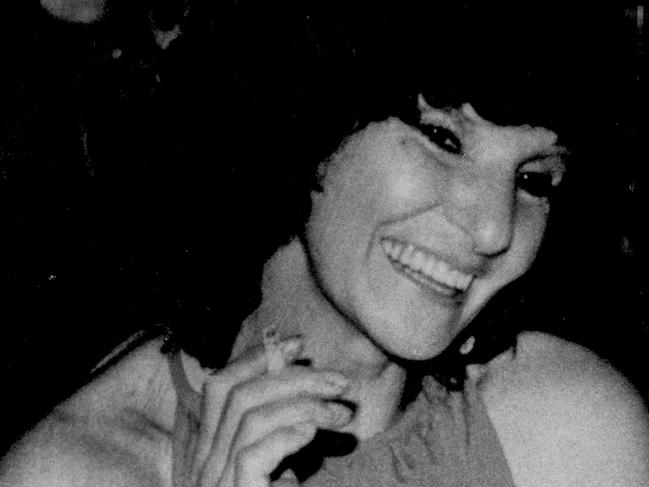
He recalls the Zikos family murders in which mother, Josephine Zikos, killed her three children and husband at their home in Upper Beaconsfield, Victoria, on 21 September, 1982.
Iddles can still remember the moment he got the call.
“So you’re asleep in bed and the phone rings and you know straight away, ‘I’ve got a job’.
There’s a job in Beaconsfield, there’s four people dead, and you walk into that room an hour later and it’s a bloodbath,” says Iddles.
In the middle of the night, Mrs Zikos had gotten out of bed to stab her three children Tracie, nine, Wendy, six, and Mark, three, multiple times with a knife.
When her husband, Nicholas, 32, heard the commotion and went to investigate, she turned the knife on him.
Police found the four bodies in one of the children’s bedrooms, the husband slumped against the door. They had sustained a combined 108 stab-wounds.
Blood was spattered over the carpet, floor and dresser, and in another room police found a blood stained Wiltshire knife and a handwritten note, signed by Mrs Zikos.
“So within an hour of getting out of bed and having a shower you’re standing there and you’re looking at three young (dead) kids. You know a couple of them must have woken up (during the attack) because they had what’s known as defensive cuts, so they’ve put their arms up to try and stop the knife,” says Iddles, who was in his mid-twenties when confronted with the scene.
Perhaps what made the murders all the more harrowing for Iddles was the knowledge that they could have been prevented.
Detectives heard that on the eve of the murders, Mrs Zikos told her brother Franco Iacobucci she was having trouble coping.
She told him she was worried she was “going the same way as her mother” who had been treated for hearing voices.
“So they rang Lifeline and there was an appointment made to see someone the following day,” says Iddles. “They thought she was all right.”
After working through the night to collect enough evidence to charge Mrs Zikos, Iddles then returned to the crime scene with a relative.
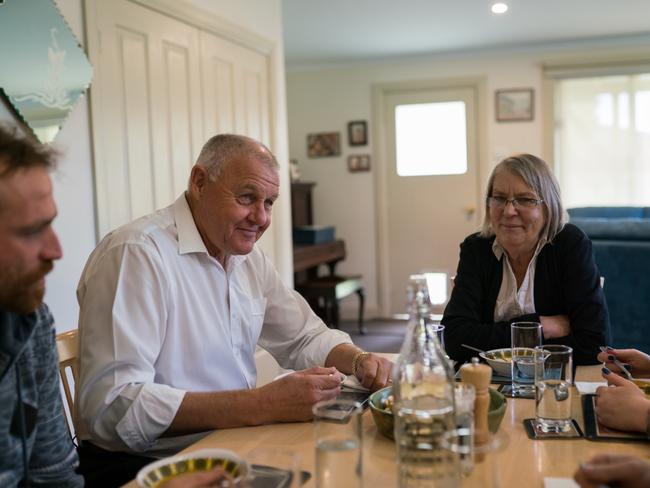
It was before the days of crime-scene cleaners and the man wanted to clean up the horrifying scene.
“So between him and I, we cleaned that room out. We burnt the mattress, we burnt the bedding, we ripped up the carpet, we washed the walls, you never forget those things … “When there’s children you don’t ever forget.
“I’ve been at houses where a kid goes to me, ‘where’s my daddy?’ and that’s just, you know, it’s tough.”
At one point in his career, the trauma got too much and Iddles sought help from a police psychologist.
“You know what, Ron, it’s part of the job, toughen up and move on,” the psychologist told him.
It made him desperately aware that police needed better supports in place to deal with Post-Traumatic Stress Disorder and mental health, and resulted in him spending the final years of his career raising awareness of the issues as secretary of Victoria’s Police Association.
He also helped develop a mobile app for cops.
The app gets users to rate their stress and track their workload, sleep and exercise, and has a “rapid response” function for use after a tough day with breathing and muscle relaxation exercises.
But without such a resource, Iddles found his own way to cope. He relied on the support of his wife Colleen, a psychiatric nurse, and some unusual pastimes.
Some people play golf to relax, others deliver fresh chickens to supermarkets, reflects Iddles, who made his poultry deliveries in between police shifts.
“It just provided that sort of escape, I suppose,” he says.
The celebrated detective, awarded an Order of Australia medal in 2015 for services to the community, also moonlighted as a tractor driver, tending highways, and worked as a bus driver for 15 years, driving an overnight coach between Melbourne, Adelaide and Sydney. Anything to take his mind off homicide.
Sometimes his secret second jobs led to amusing situations, such as the time a well-known crook got on his bus and was understandably surprised to clock Iddles as the driver.
“You and I are on different sides,” said the crim.
“Yep,” replied Iddles. “But you’re in safe hands”.
And with that the crim got on the bus, fell asleep, and Iddles politely delivered him to his destination.
These days life is more relaxed for Iddles, who traded his Victorian winters, for the year-round balmy shores of Cairns, Queensland.
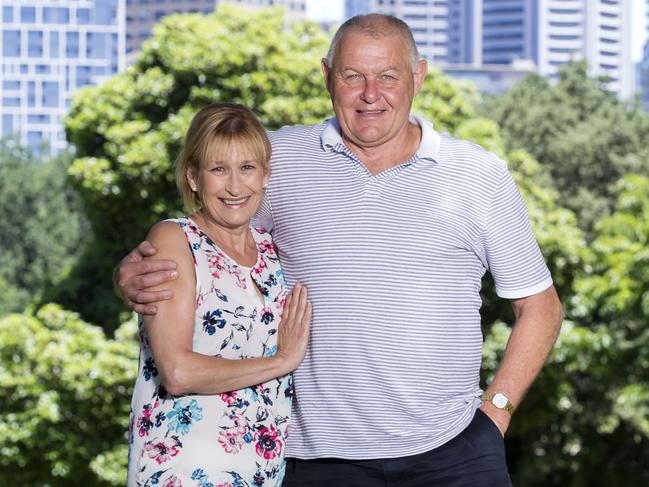
However, he still stays in touch with some of the victims from his 320 homicides cases — people he supported through the worst times of their lives who have now become friends.
It’s the little-known and very human side to policing but integral to keeping a case together.
“At times you become a marriage counsellor, a father figure, a financial adviser, or it might be a witness and they’ve got nowhere to stay, so you’re trying to find somewhere for them to live,” he explains
“You’re dealing with death every day but the key is not to become emotionally involved. It’s about thinking about it like a big jigsaw puzzle, putting it together. There are times when you miss a few pieces and I guess that’s where (TV) programs that focus on unsolved homicides actually work,” says Iddles, citing media attention often sparks fresh leads.
With each case he applies his “ABC of homicide: Assume nothing, believe nothing and check everything” and warns that nobody should ever believe they’ve gotten away with murder, not even years later.
“We did one case in 1994. Helen Grey was bashed to death in her house in the Eastern suburbs of Melbourne. Everyone thought it was her estranged husband because they’d separated and there was family violence orders in place but four or five years later it still wasn’t solved.
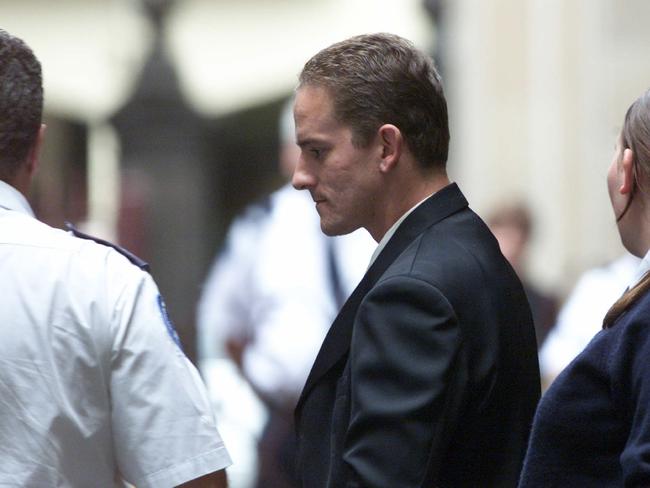
“We’d spoken to a whole range of people, including this guy (Bodhan Weiss) who was alibied by his girlfriend. But six years later the girlfriend rang from America. She said, ‘look, I’ve got something to tell you. I gave my boyfriend an alibi and he’s the one responsible’,”.
Iddles and his team arrived in the US where Weiss had relocated and was living under a new name, operating a successful takeaway food business.
The Australian detectives knocked on his door.
“I knew this day would come,” Iddles recalls Weiss saying.
In 2002, Weiss was sentenced to a minimum of 16 years behind bars, and Mrs Grey’s ex-husband was finally alleviated of all suspicion.
Years interviewing well-practised liars has taught Iddles not to discount his gut instinct.
When 17-year-old Gary Adams went missing from his Cranbourne home in 2003 it became one of Victoria’s most high-profile missing persons’ cases.
For nine years his mother, Jo-Anne appeared in media appeals, desperately searching for her son until his body was finally discovered in a Hughesdale backyard in 2009.
Iddles instantly suspected Gary’s stepfather, John Xypolitos.
During his police interview, Xypolitos began to cry as Iddles goaded him.
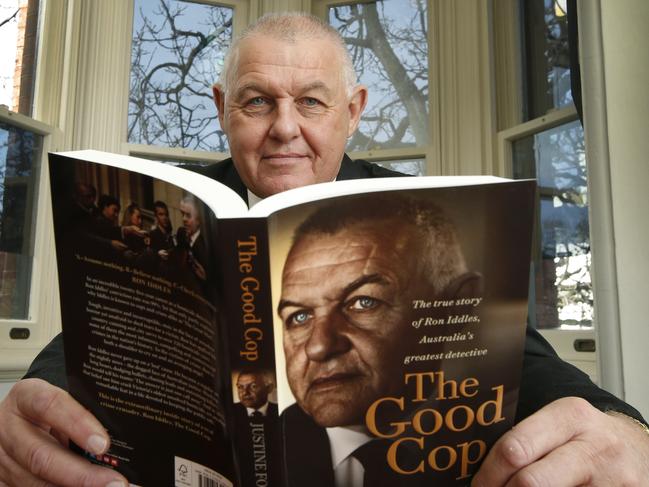
“I think it would be very difficult living in a house where you’re remarried but you’re not allowed to discipline her child,” Iddles told him.
“This is what I think has happened: your emotions have outrun your intelligence, and I’m not sure that you’ve actually meant to do it.”
But Iddles lost the moment and Xypolitos didn’t confess.
“I drove him home and we stood at the front gate. I shook his hand and I said, ‘You know you’ve done it. I know you’ve done it. But I’m going to be honest with you: I just don’t have enough to charge you today but I’m going to come back and the next time I see you, I’ll lock you up,” says Iddles.
Three years later, Xypolitos was charged.
When Iddles walked into the interview room, the small bespectacled man looked up and smiled.
“You’ve done a great job on me, Ron,” he said.
The Good Cop airs exclusively on Foxtel’s Crime + Investigation channel, 7.30pm AEDT, Thursdays from January 31.
